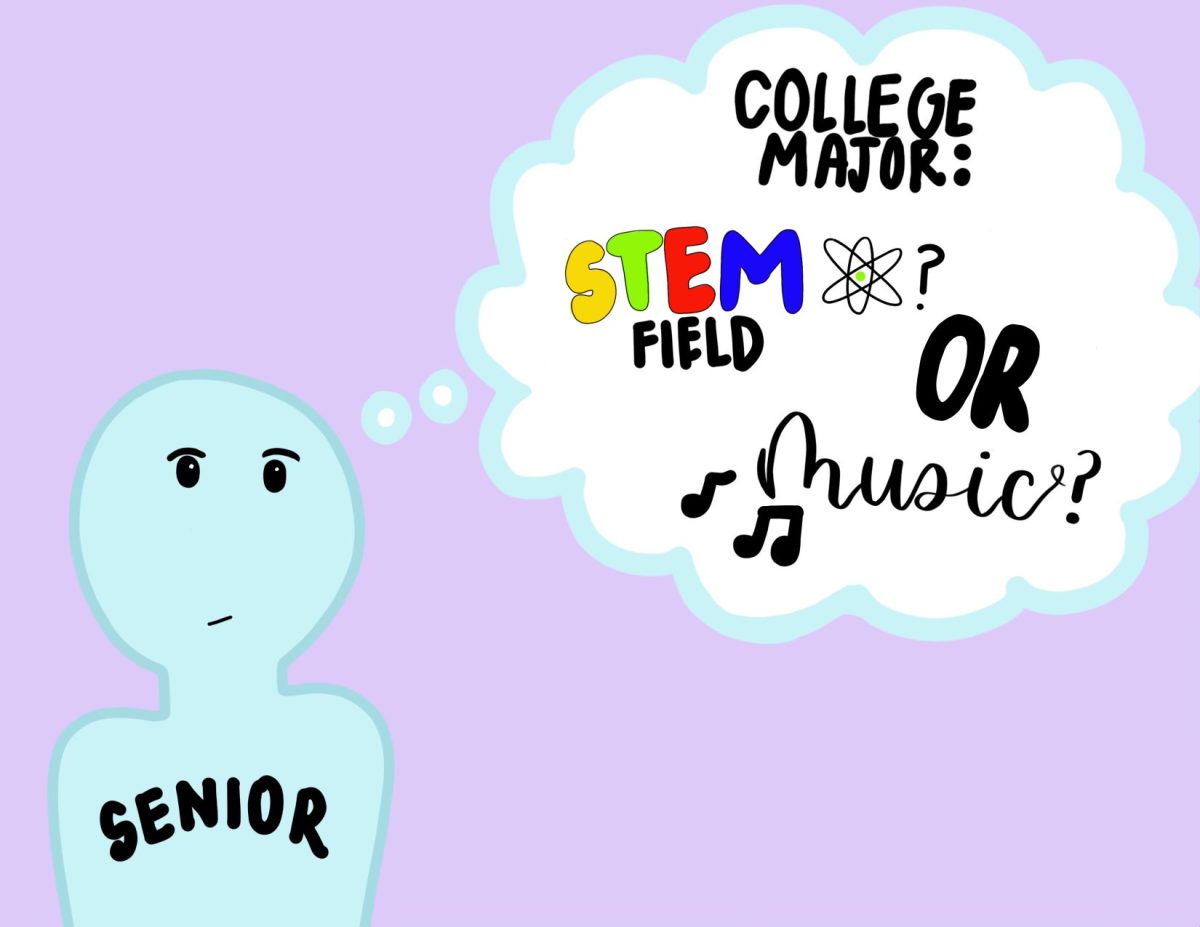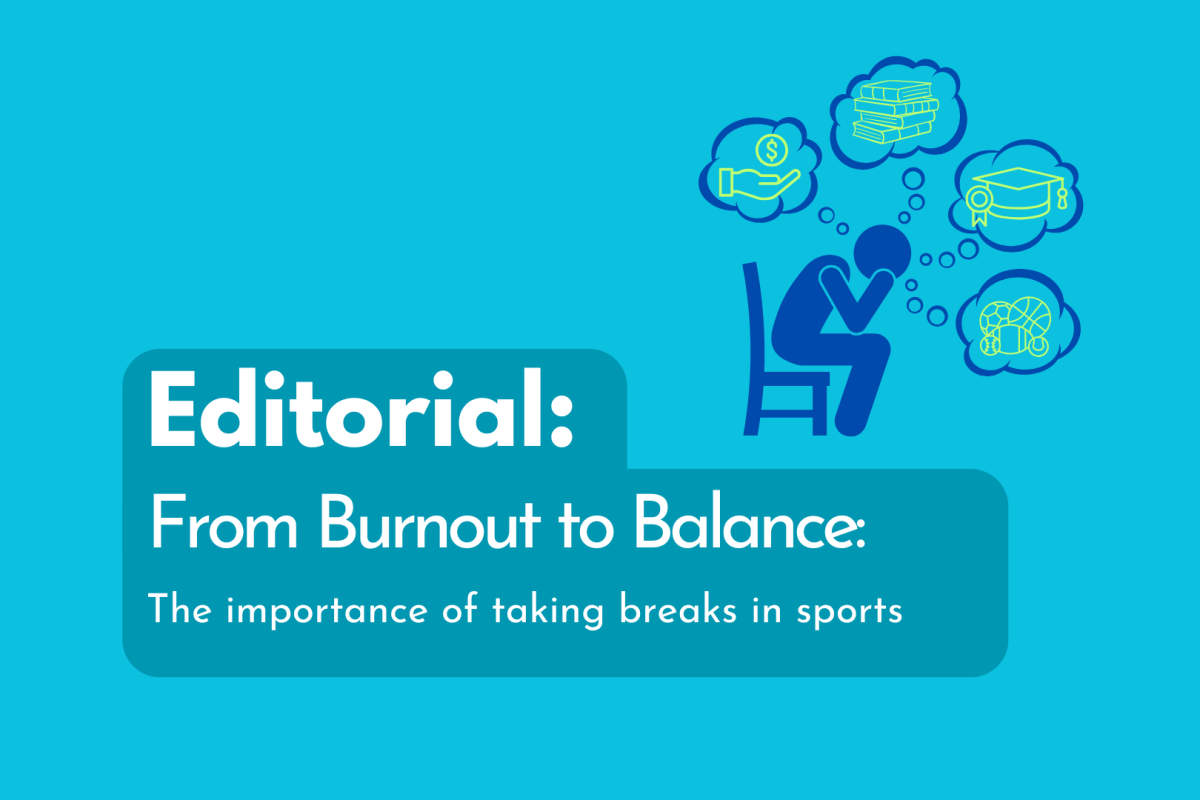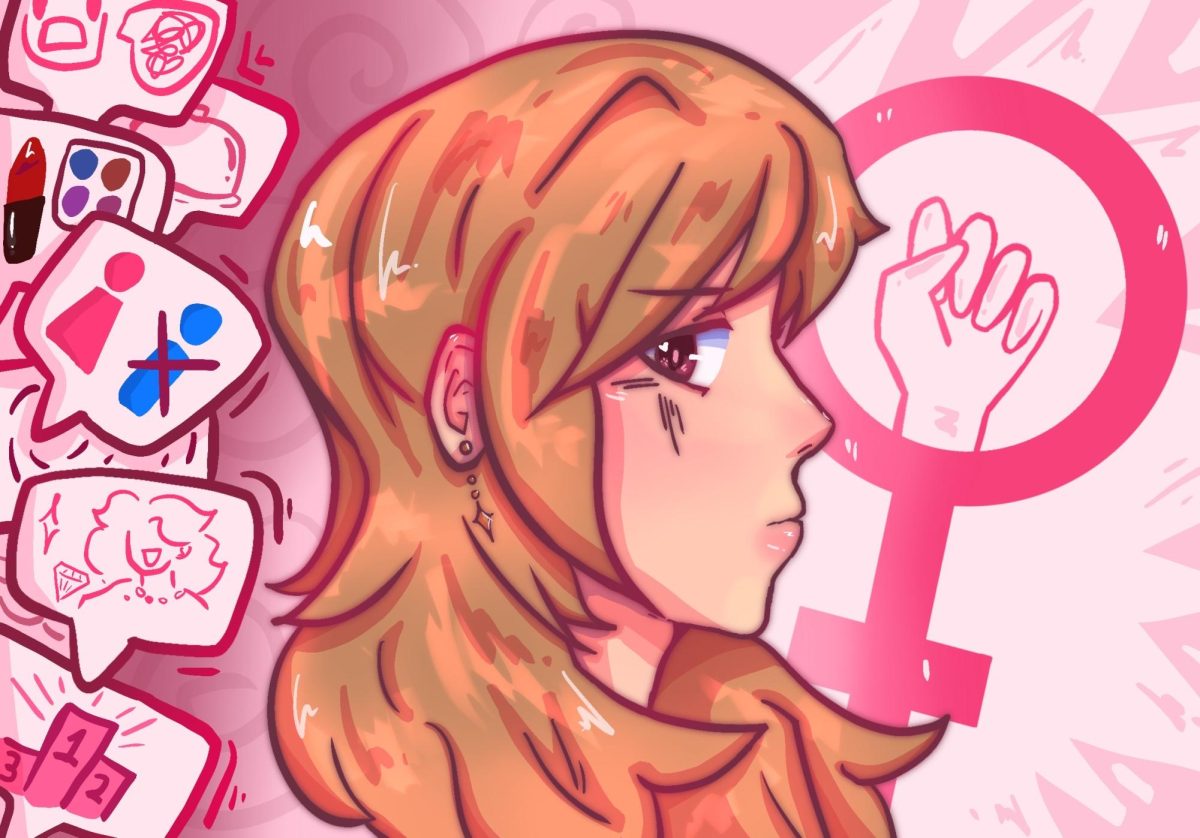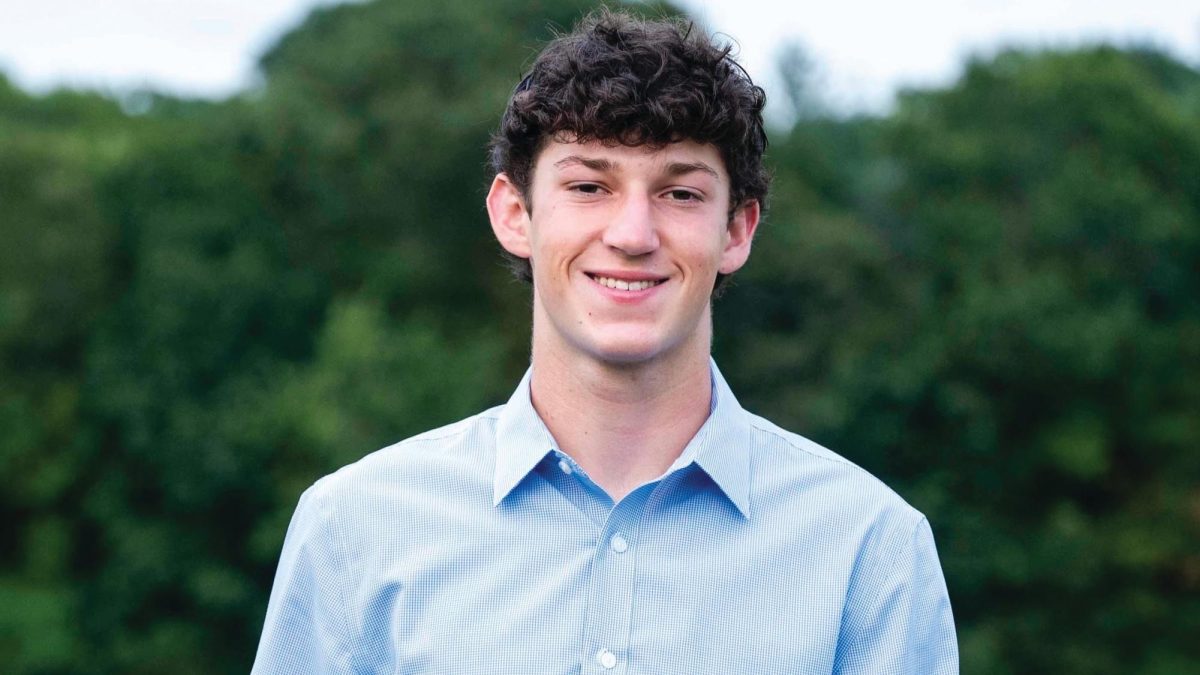As the college application season progresses, senior students like myself grapple with mounting pressures. A large percentage of that stress comes from worrying about whether our test scores, GPA, extracurricular activities and academic grades create an accurate reflection of our character in the eyes of admission officers. The fate of our future is in the hands of admission officers; will we be accepted, waitlisted, deferred, or rejected?
For many students, cultural stereotypes enforce pressures that tell us we need to pursue a specific degree in order to be accepted as a part of our family or successful in our future careers.
As a child, dreams of my future self were constantly evolving. When I was five, I vividly remember wanting to be a veterinarian because I loved animals, especially after falling in love with taking care of my pets. In middle school, I started vlogging small snippets of my daily life to show my family, and I wanted to become a famous YouTuber. Early in high school, after binge-watching crime TV shows, I wanted to be an FBI agent. Now, I aspire to be a human rights lawyer.
When I look back at all of these career aspirations I had, there was never a doubt in my mind that I would be able to achieve any of them, especially because I was fortunate enough to have complete support from my parents.
However, as the college application season began to roll around the corner, I noticed that many of my peers started to have doubts about what they wanted to pursue in college, oftentimes because of the fear of rejection from their peers and family or the economic instability of their future.
According to the National Center for Education Statistics, in 2018, the college enrollment rate was higher for 18 to 24-year-olds who were Asian (59%) than for 18 to 24-year-olds who were White (42%), Black (37%) and Hispanic (36%). With the significantly higher percentage of Asians than any other race that pursue higher education, factors such as cultural differences may be the reason for the disparity. Asian families, in comparison to Western families, are known for having exceedingly high and rigorous expectations for their children, often because they believe that the only way to be successful is through obtaining a college degree.
At Algonquin, students have been allowed creative freedom to explore unique offerings that expand their knowledge and pique their interest in new fields. Whether it’s in the arts, music, sports, STEM, humanities, social sciences or history, students have the opportunity to find new passions and interests that they may want to continue in college.
When examining data from a 2016 study by the U.S. Department of Education, National Postsecondary Student Aid, 41% of Asian students pursued an undergraduate degree in STEM while only 2% pursued a degree in Education. In the same study, 18% of Black or African-American students pursued a degree in Business while only 4% pursued a degree in Humanities.
The burden of stereotypes that have been placed upon minority students does more harm than good. As an Asian American, there is a common stereotype placed among us to not pursue an artistic career because it’s not valued or seen as a real job. However, when it comes to extracurricular activities, plenty of Asian students are part of an orchestra or play a classical instrument. Yet, many of them would rather pursue a STEM degree over a music degree because they believe it would provide them with a higher economic status, which is emphasized by cultural pressures.
Our passions should be what drive us to pursue our interests in college and guide us toward what we want to major in. I believe that we wouldn’t struggle as much writing supplemental essays for college applications that ask us about why we chose to pursue a particular major if we chose something we are deeply passionate about.
It’s important for us to abolish cultural or racial stereotypes and encourage each other to choose a career based on passion. What can we do as students to push these barriers and overcome these stereotypes placed upon us to achieve an education and career that we truly want for ourselves?
My advice to all students reading this piece is to not accept defeat or compromise your own desires and interests for others. We shouldn’t accept the statistics for what they are and give up what we truly want to pursue. It’s always going to be an uphill battle to be the minority in any field or career, whether we’re a minority race or not. It’s the passion and equal determination to succeed in a field that shapes your future; you are the only one who will make it happen, despite any odds.











